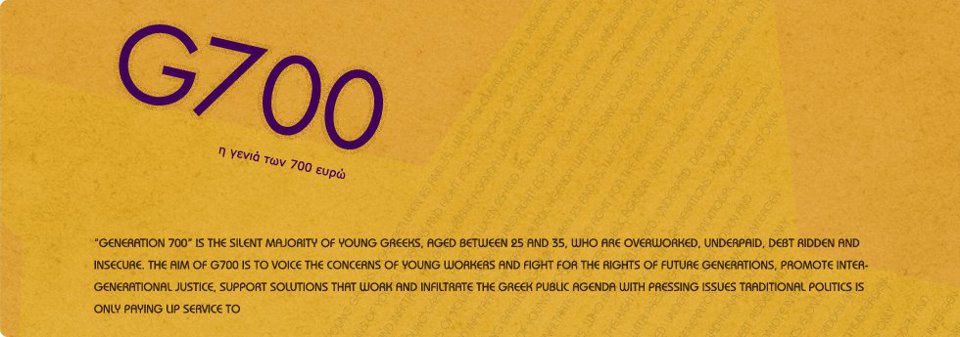By Guy Standing
So far, the precariat in Europe has been mostly engaged in EuroMayDay parades and loosely organised protests. But this is changing rapidly, as events in Spain and Greece are showing, following on the precariat-led uprisings in the middle-east. Remember that welfare states were built only when the working class mobilised through collective action to demand the relevant policies and institutions. The precariat is busy defining its demands.
The precariat has emerged from the liberalisation that underpinned globalisation. Politicians should beware. It is a new dangerous class, not yet what Karl Marx would have described as a class-for-itself, but a class-in-the-making, internally divided into angry and bitter factions.
It consists of a multitude of insecure people, living bits-and-pieces lives, in and out of short-term jobs, without a narrative of occupational development, including millions of frustrated educated youth who do not like what they see before them, millions of women abused in oppressive labour, growing numbers of criminalised tagged for life, millions being categorised as ‘disabled’ and migrants in their hundreds of millions around the world. They are denizens; they have a more restricted range of social, cultural, political and economic rights than citizens around them.
Read the full article in Policy Network.
*Guy Standing is Professor of Economic Security, University of Bath, England, and co-president of BIEN (the Basic Income Earth Network).This article draws on his new book, The Precariat – The New Dangerous Class, published by Bloomsbury.
